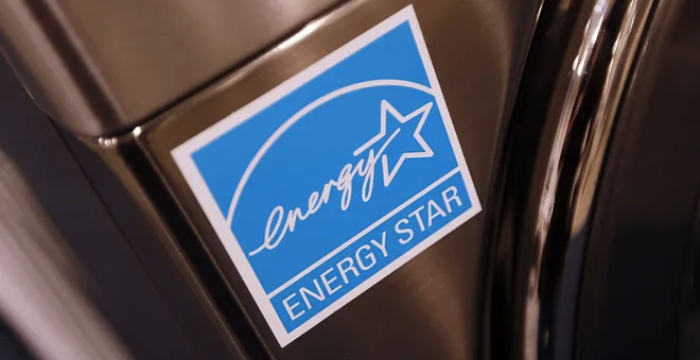Whether you own or operate a restaurant, you need to be aware of ways to be environmentally friendly. You will want to make sure you’re not wasting water and energy, and you should also compost your food waste. You can do this by installing ENERGY STAR appliances and lighting, and turning off lights when you’re not using them.
Turn off lights when you’re not using them
Using energy wisely can go a long way towards making your place a greener and kinder place to live. One way to do it is to make sure you only turn on the lights when you need them and turn them off when you don’t. This can reduce your monthly electricity bill by a significant amount and it’s a nice feeling knowing that your family isn’t wasting energy.
Turning off the lights isn’t always the easiest thing to do, especially if you’re in the habit of leaving them on while you’re out of the house. The good news is that there are many energy saving options out there, including automated lighting controls like sensors and timers. These smart energy solutions are not only easy to install, but they will save you money in the long run. For example, a simple motion sensor will ensure that only the lights in your kitchen are left on while you’re cooking.
Install ENERGY STAR appliances
ENERGY STAR certified equipment is a smart investment that can help to reduce utility bills. ENERGY STAR certified CFS equipment includes ovens, fryers, refrigerators, dishwashers, and steam cookers. These products use far less energy than conventional appliances, reducing demand on the energy grid and lowering utility bills. They also reduce the amount of heat released into the kitchen environment, which can help to keep the kitchen cooler.
Energy Star appliances can reduce the amount of power drawn from the grid, which can save a typical household about $450 per year. In addition, Energy Star rated lighting and ventilating fans can save up to 50% more energy than conventional units. They can also last 10 to 25 times longer than incandescent lights. They also use 70 percent less energy and produce 70 percent less heat.
Energy efficiency is a key component in maintaining an environmentally friendly restaurant. The best way to start lowering energy consumption is with an energy audit. Energy service providers can help you find a trained professional to perform an assessment.
Conserve water
Having an eco-friendly restaurant means reducing the use of water in your business. This will not only help the environment but will also save you money. It may even attract new customers who are interested in green practices.
A good start is educating your employees on the benefits of water conservation. This can be done by incorporating the message into company marketing efforts. It is also important to develop a water conservation plan. In this way, you can better plan for the future and avoid wasting money on unnecessary water bills.
Having a water catchment system is another way to reduce water use. In this way, you can collect rain water that can be used for landscaping or irrigation. You can also buy water meters to help you better manage your water usage.
Another way to conserve water is to use an in-house filtration system instead of bottled water. In this way, you will be able to reduce the amount of water that is flowing through your septic system. This can help extend the life of your septic system and reduce the amount of pollution that can be a result of overloaded septic systems.
Compost organic waste
Having a composting system can help run an eco-friendly restaurant. Composting food waste is a natural process that provides an environment in which bacteria and other decomposing organisms can thrive. Composting helps reduce the amount of trash picked up, which also reduces the cost of waste removal. It also helps the soil retain water, which is important for growing crops.
Composting reduces the amount of methane and greenhouse gases that are produced when food waste is disposed into landfills. It also helps the environment by eliminating the need for chemical fertilizers.
Composting is easy to do on a small scale. Often, people set up compost buckets in their workplaces. It is also possible to start a community composting project.
Composting works by turning food waste into nutrient-rich humus. This humus can be used in any soil type. It also provides the soil with nutrients that help hold onto water.
Having a composting system in place can help your restaurant reduce its waste removal bill. It can also increase your profits.





